FTC To Appeal: Future Of Microsoft's Activision Blizzard Deal Uncertain
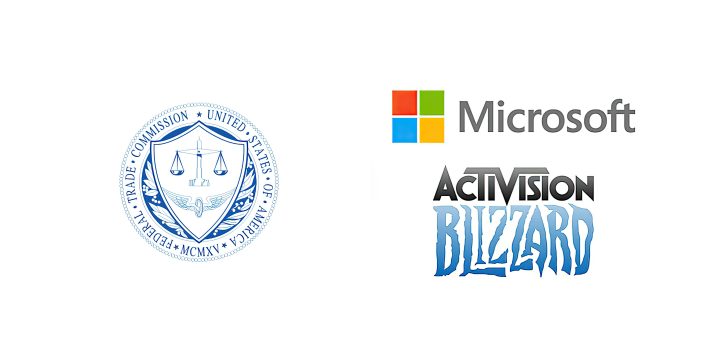
Table of Contents
H2: The FTC's Case Against the Merger
The FTC's antitrust lawsuit against the merger centered on concerns about competitive harm and market dominance. The agency argued that allowing Microsoft to acquire Activision Blizzard would create a monopoly, stifling competition and ultimately harming consumers.
-
Anti-competitive behavior: The FTC's core argument rested on the idea that Microsoft, already a major player in the gaming console market with its Xbox, would leverage its newfound control over Activision Blizzard's portfolio to harm competitors. This was particularly focused on the potential for Call of Duty exclusivity.
-
Cloud gaming dominance: A significant portion of the FTC's case concerned the burgeoning cloud gaming market. The agency feared that Microsoft would use its acquisition to gain an insurmountable advantage in this rapidly growing sector, potentially locking out competitors and limiting consumer choice.
-
Market power concerns: The FTC highlighted Microsoft's substantial market power across various segments of the gaming industry, arguing that the acquisition would only exacerbate this power imbalance and lead to anti-competitive practices.
-
Impact on subscription services: The FTC also pointed to the impact on game subscription services like Xbox Game Pass. The agency worried that Microsoft might use Activision Blizzard titles to make Game Pass even more attractive, further entrenching its dominance and limiting the competitiveness of rival services.
The FTC presented extensive evidence, including expert testimony and detailed market analysis, to support its claims. Their concerns went beyond immediate impacts, focusing on the long-term effects on competition and consumer choice within the gaming ecosystem. The breadth of their concerns underlines the significance of this case for the future of antitrust regulation in the tech industry.
H2: The Judge's Ruling and the FTC's Appeal
Despite the FTC's arguments, a federal judge ruled in favor of allowing the merger to proceed. The judge's decision emphasized a lack of sufficient evidence to demonstrate that the merger would lead to substantial anti-competitive effects. This ruling, however, was not the end of the story. The FTC, unsatisfied with the outcome, announced its intention to appeal the decision.
-
Grounds for appeal: The FTC's appeal challenges specific aspects of the judge's reasoning and evidence assessment. They argue that the judge underestimated the potential for anti-competitive harm, particularly concerning Call of Duty exclusivity and market dominance in the cloud gaming space.
-
Legal precedent: The appeal will likely set a significant legal precedent regarding antitrust law and mergers in the technology sector. The outcome will influence future merger approvals and reshape the regulatory landscape for large tech companies.
-
Appeal process timeline: The appeal process is expected to be lengthy and complex, potentially taking months, if not years, to resolve. This uncertainty creates a significant period of limbo for both Microsoft and Activision Blizzard.
H2: Implications for the Gaming Industry and Microsoft
The FTC's appeal carries significant implications for both Microsoft and the broader gaming industry.
-
Integration uncertainty: The appeal casts doubt on the timeline and even the success of Microsoft's integration of Activision Blizzard. The appeal could ultimately lead to the unravelling of the deal.
-
Consequences for Microsoft: A successful appeal could result in the deal being blocked, potentially leading to substantial financial losses for Microsoft and reputational damage. It could also set a precedent affecting future Microsoft acquisitions.
-
Impact on the gaming landscape: The outcome will significantly reshape the competitive dynamics within the gaming industry, affecting console market share, game pricing, and the development of new games.
-
Ripple effects across the tech sector: The decision in this case will serve as a benchmark for future mergers and acquisitions within the tech sector, influencing regulatory decisions and corporate strategies.
H3: The Future of Call of Duty and Other Activision Blizzard Franchises
The fate of beloved franchises like Call of Duty, World of Warcraft, and Candy Crush hangs in the balance. The FTC's concerns about Call of Duty exclusivity highlight the potential for these titles to become Xbox exclusives if the merger proceeds unimpeded.
-
Platform exclusivity: A key question is whether these titles will remain available across multiple platforms or become exclusive to the Xbox ecosystem. This will significantly affect players and the wider gaming community.
-
Impact on players: The potential for platform exclusivity could alienate players who prefer other consoles or gaming platforms, potentially impacting player numbers and game sales.
3. Conclusion
The FTC's appeal of the Microsoft/Activision Blizzard merger presents a significant hurdle for the acquisition, injecting uncertainty into the future of the gaming industry. The FTC's arguments regarding anti-competitive practices and market dominance are countered by the judge's initial assessment of insufficient evidence. The ongoing legal battle will profoundly impact competition, consumer choice, and the future of gaming giants like Microsoft and Activision Blizzard. The outcome could redefine antitrust precedent for major tech mergers and influence the development and distribution of gaming franchises for years to come. Stay tuned for updates on the FTC's appeal of the Microsoft/Activision Blizzard merger. This ongoing legal battle will significantly impact the future of the gaming industry, so continue to follow this crucial development in the world of antitrust and mergers. The outcome of this FTC appeal could set a precedent for future Microsoft acquisitions and the future of the gaming landscape.

Featured Posts
-
 Sutton Hoos Mysterious Sixth Century Vessel A Burial Urn For Cremated Remains
May 25, 2025
Sutton Hoos Mysterious Sixth Century Vessel A Burial Urn For Cremated Remains
May 25, 2025 -
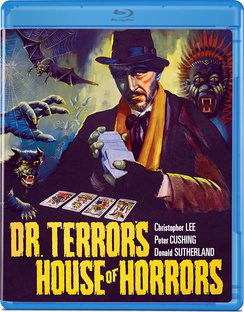 Dr Terrors House Of Horrors Is It Right For You
May 25, 2025
Dr Terrors House Of Horrors Is It Right For You
May 25, 2025 -
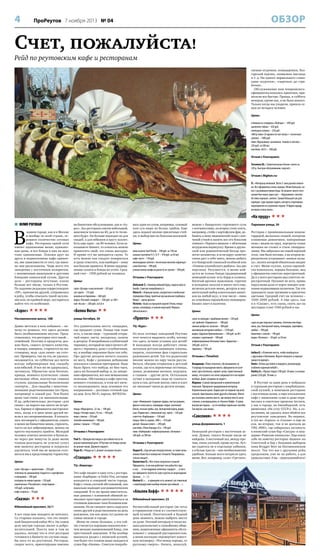 Kharkovschina 40 Svadeb Za Odin Den Kakaya Data Stala Populyarnoy Foto
May 25, 2025
Kharkovschina 40 Svadeb Za Odin Den Kakaya Data Stala Populyarnoy Foto
May 25, 2025 -
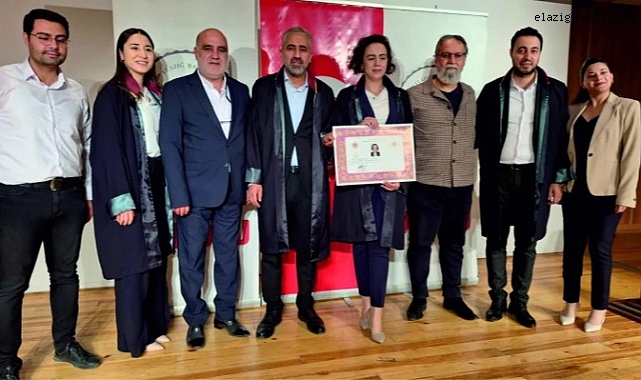 Soerloth Un La Liga Daki Doertlue Gol Soeleni Ilk Yari Hayalini Gerceklestirdi
May 25, 2025
Soerloth Un La Liga Daki Doertlue Gol Soeleni Ilk Yari Hayalini Gerceklestirdi
May 25, 2025 -
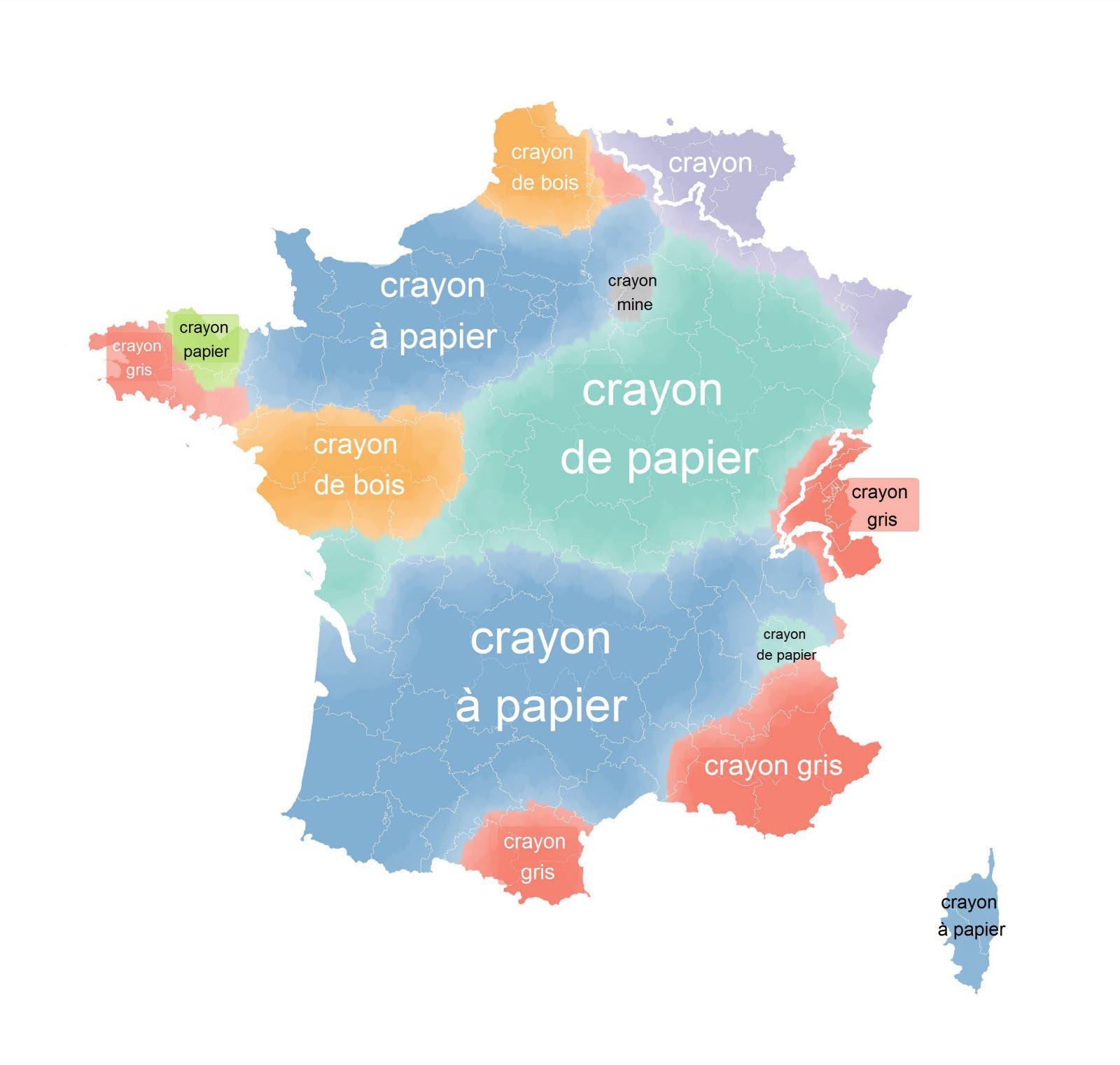 Mathieu Avanzi Au Dela De La Classe Le Francais S Exprime
May 25, 2025
Mathieu Avanzi Au Dela De La Classe Le Francais S Exprime
May 25, 2025
